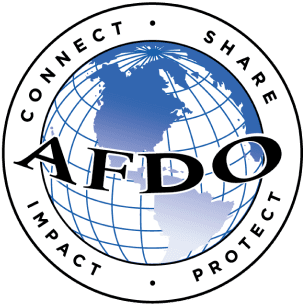The NCS identifies the knowledge, skills, abilities and other attitudes or attributes (KSAO) with expected levels of performance to be able to conduct specific job activities or tasks.
It is the “backbone” in identifying what the training content needs to address, accomplish and the conditions necessary for Food Protection Professionals (FPPs) to be successful in their job. The IFSS NCS has been designed with four levels to align and sequence a training “path” from regulator onboarding through to the leadership of a regulatory program.
Entry Level
Newly hired or inexperienced local, state or federal FPPS (investigators and inspectors) who will be conducting regulatory inspections in retail food, manufactured food, animal food, milk, shellfish and/or produce operations. Upon completion of entry level training, it is expected that an individual would be able to conduct independent inspections within their program area.
Journey Level
FPPs who have completed their entry level training and are in the process of gaining their inspection and sampling experience, are provided with additional training for more advanced inspections (LACF, seafood HACCP or medicated feed inspections), investigations (foodborne illness, produce) and other activities (plan reviews, trace backs, recalls). These professionals would comprise the majority of the inspection workforce and perform most of the core food protection activities for their agency.
Technical Specialist
FPPSs with knowledge in a specific technical area, and who may or may not much field experience. These professionals are able to conduct complex, high-risk inspections and investigations, coordinate or convene key stakeholders in process development/improvement activities and engage in problem solving to remediate regulatory findings. These professionals are depended upon to provide assistance and specialized support to FPPs at the entry and journey levels.
Leadership Level
Food protection professionals who are seeking to be a supervisor, a current supervisor or upper-level administrators, and have a proven track record of excellence in all aspects of food protection. These professionals must be able to accurately design, improve, and prioritize food program functions and roles, and effectively communicate the role and value of food protection program activities to all levels within the organization as well as to external stakeholders. These professionals are often involved in strategic work planning and policy making for their department or agency and serve as mentors and role models for inspectors in their agencies.


